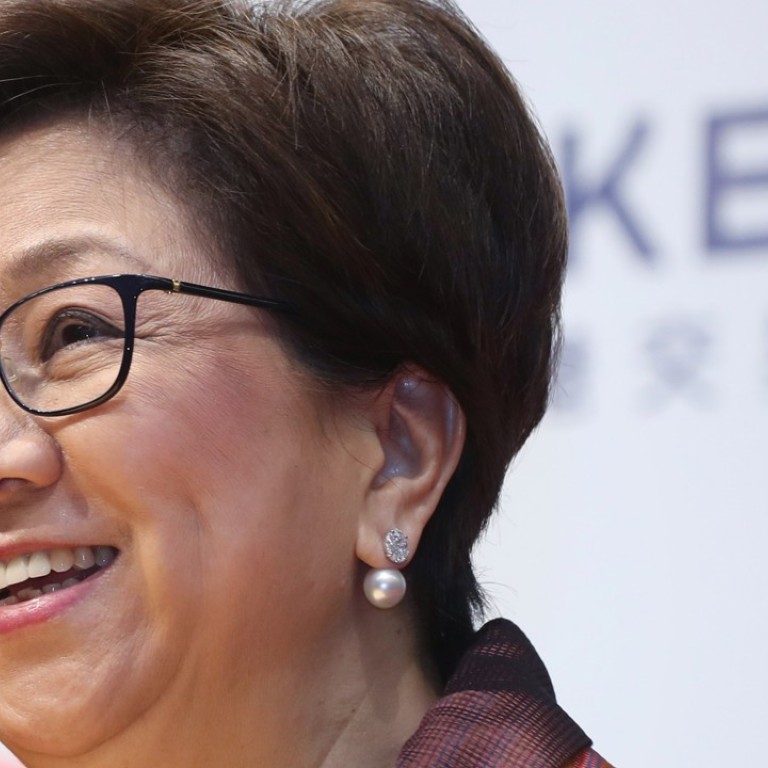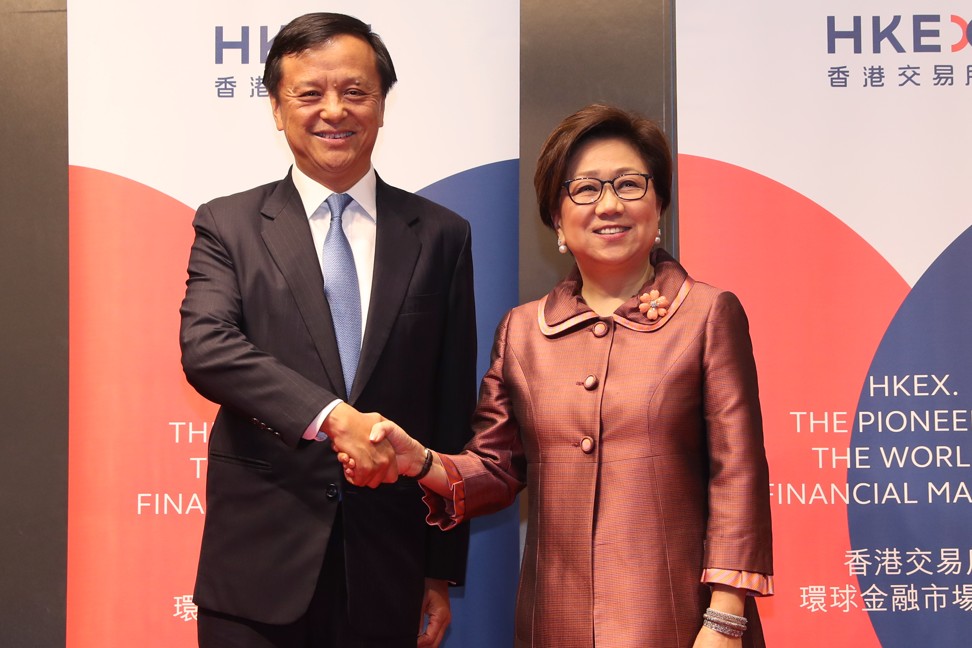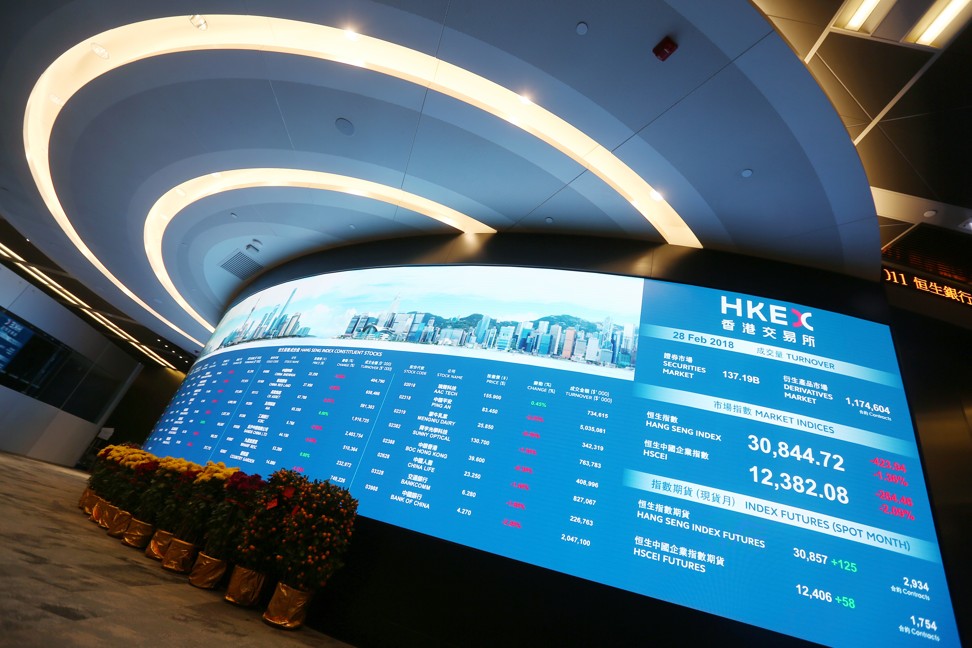
New Hong Kong stock market chief must use all her skill to get balance right
Laura Cha Shih May-lung did not get the reputation as the regulator who ‘inspects you to death’ for nothing, and now she must tackle discipline and liberalisation
Former Chinese premier Zhu Rongji recruited then Hong Kong securities regulator Laura Cha Shih May-lung to help bring order to the mainland’s unruly emerging stock markets.
Seventeen years later, she is now responsible for overseeing implementation of reforms to ensure the local bourse is the No 1 destination for mainland company listings, ahead of Shanghai, Shenzhen, Singapore and New York. Cha, 68, nominated enhancement of the city’s competitiveness as her greatest challenge after the board of directors of Hong Kong Exchanges and Clearing elected her as its chairman.
This reflected the greatest regret of retiring chairman Chow Chung-kong – the failure of the bourse to land the US$25 billion initial public offering of mainland e-commerce giant Alibaba, now owner of the South China Morning Post, in 2014.

Alibaba listed in New York because its dual-class share structure was not then accepted in Hong Kong under the principle of one share, one vote.
This prompted debate culminating in the introduction this week of the biggest listing reforms in 25 years, including the acceptance of applications from companies with dual-class shares, and from biotechnology firms that have no record of generating revenue and therefore would not meet the financial eligibility tests of the main board.
In a perfect world, the one-share, one-vote principle served Hong Kong well as the exchange developed sound regulatory practices and built a reputation for investor protection.
In the real world of the new economy, innovation and risk-taking, however, dual-class shares are more attractive to company founders and key executives who want to retain control with minority shareholdings as a company grows and attracts more investor capital.

Cha, a career financial regulator and an executive councillor, left the Securities and Futures Commission to join the China Securities Regulatory Commission as vice-chairman between 2001 to 2004.
The mainland stock markets were plagued by insider trading and illicit deals. Cha struggled against vested interests to establish sound regulatory practices.
She returned home to serve on the board of HKEX before becoming chairman of the Financial Services Development Council for the past few years.
While looking forward to a liberalised listing regime, let us not forget the penny stocks and their ilk – including the notorious Enigma Network – that have thrived in the city’s laissez-faire regulatory environment to filch many illiterate minority investors of their life savings.
An artful balance between discipline and liberalisation will call for all the skill and experience of the woman whose married surname in Chinese rhymes with “inspection”. She wasn’t called the regulator who “inspects you to death” for nothing.

